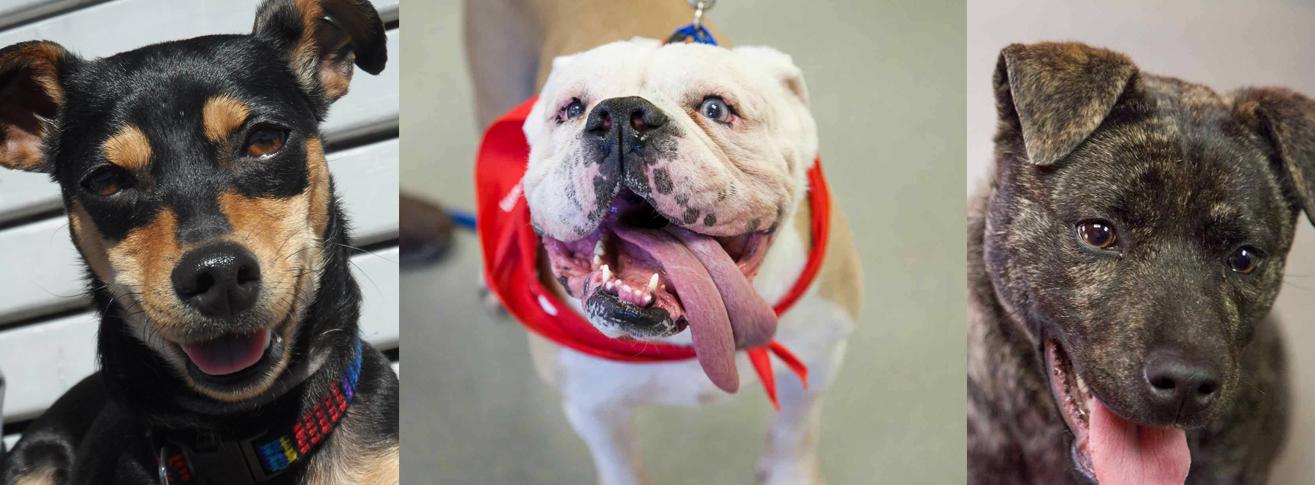Routine Veterinary Care for Your Dog
By Sherry Woodard, Best Friends animal behavior consultant
Puppies should be seen be a veterinarian at approximately three weeks of age for a physical and a fecal test for intestinal parasites. While you’re there, you can talk about what vaccines will be needed in the future, how to prevent disease, when to have spay/neuter surgery done, and how to handle the diet change from mom to meals.
At six to eight weeks, puppies start getting vaccinations. The vaccines can be given every three to four weeks, depending on when the vaccines are started and the perceived risk to the animal. If heartworm preventive medication is needed in your area, you should start that, too.
To keep your puppy safe from possible diseases, carry the puppy in your arms when you go in to see the veterinarian. Spay/neuter can be done as early as eight weeks; the puppy must weigh at least two pounds.
At 12 weeks, your puppy should get a parasite test. A rabies vaccine should be given between 12 and 16 weeks of age, depending on the state in which you live and local laws. Continue to keep your puppy up off the floor during visits to the veterinarian. If spay/neuter has not happened yet, it can be scheduled around this time. At 16 weeks, the veterinarian will administer the third and final set of shots. Some dogs (mostly black and tan dogs like Rottweilers and Dobermans) require an additional vaccine at 20 weeks of age.
After the four-month visit, your dog should be seen annually by your vet for a physical examination, vaccines, parasite test, dental check, and any needed bloodwork or other tests that your veterinarian recommends. Older dogs may need to be seen more often.
Besides taking your dog in for annual checkups, you should also take him or her to see the veterinarian if:
- He is a puppy and is not gaining weight
- She is lethargic, or she is losing or gaining weight
- She seems to be having some discomfort
- You notice a change in his behavior
- You notice a change in her general health: for example, her eyes have lost their brightness or her coat has lost its luster
Remember, regular veterinary care is an essential component of your pet’s good health.

